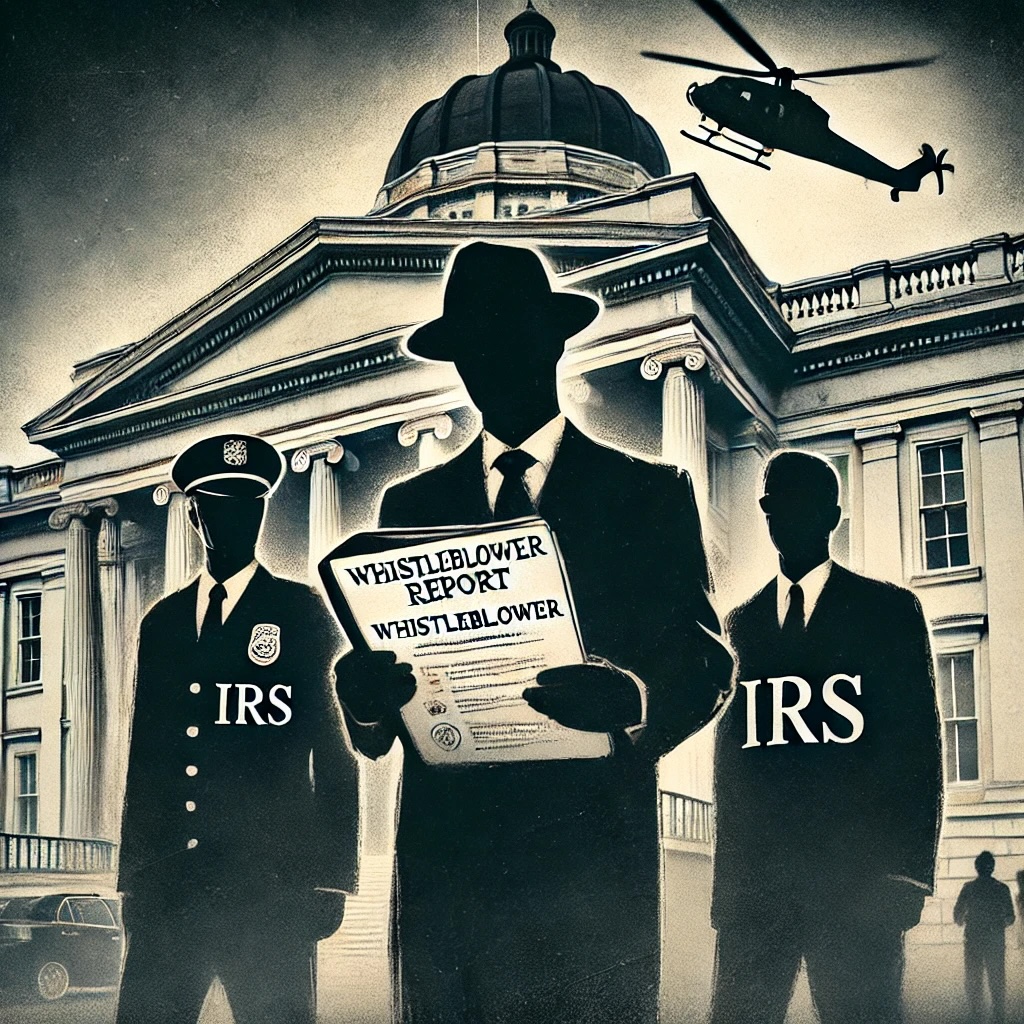When you think of a whistleblower, you probably picture someone who risks it all—career, reputation, even personal safety—to expose corruption or misconduct. Often, they face retaliation, demotions, or even legal trouble. But in Washington, D.C., things work a little differently.
Two IRS agents, Gary Shapley and Joseph Ziegler, were at the center of an investigation into Hunter Biden’s tax affairs. They claimed the Department of Justice (DOJ) interfered, slowing down or blocking investigative steps that could have led to more serious charges. They blew the whistle, testifying before Congress about what they saw as political meddling.
Their reward? Not legal trouble. Not exile to some obscure department. Instead, they were recently promoted to senior advisory roles in the Treasury Department.
So, is this justice, accountability… or just another example of how Washington takes care of its own?
The Whistleblower’s Journey: From Investigators to Insiders
Shapley and Ziegler were IRS investigators working on the Hunter Biden case when they began raising concerns. They claimed that higher-ups in the DOJ were delaying search warrants, blocking interview requests, and generally ensuring the investigation didn’t move too fast—especially before the 2020 election.
For their honesty, they were both removed from the case in December 2022. That’s usually where a whistleblower story ends—career in ruins, reputation under attack. But not this time.
Instead, both men have now been elevated to senior roles in the Treasury Department:
- Gary Shapley is now the Deputy Chief of IRS Criminal Investigations
- Joseph Ziegler is now a Senior Adviser for IRS Reform in the Treasury Secretary’s office
The official line? They’ll be helping to improve IRS procedures to prevent future cases like Hunter Biden’s.
Sounds good on paper. But let’s dig a little deeper.
A Promotion… or a PR Move?
There are two ways to look at these promotions:
1️⃣ Washington is rewarding honesty. Maybe this is a rare case of the system actually working—rewarding whistleblowers instead of punishing them. By putting them in positions of power, they can now enact reforms from the inside, ensuring future tax investigations aren’t politically influenced.
2️⃣ A way to silence critics. Giving whistleblowers a high-ranking job is a clever way to neutralize them. Instead of being outside critics, they’re now part of the system. And once you’re inside, you have to play by the rules. Could this be a way to quietly steer them away from further explosive testimony or media appearances?
There’s also a third, more cynical possibility: this was all just damage control. The IRS and Treasury want to avoid looking like they punished whistleblowers, so they flipped the script. The promotions might be just symbolic—jobs with titles but little actual influence.
The Bigger Picture: Does This Set a Precedent?
This case raises a bigger question: What happens the next time a government agent wants to blow the whistle on political interference?
- If the system rewards honesty, then maybe more whistleblowers will come forward in the future.
- But if this is just political theater, then it could have the opposite effect—convincing potential whistleblowers that Washington will co-opt them rather than fix the real problems.
One thing is clear: The rules are different in D.C. Most government whistleblowers don’t get golden parachutes into senior positions. They get sidelined, demoted, or forced to resign.
So, is this a win for accountability, or just another power move in the game of politics?
Final Thoughts: The Washington Way
The IRS, DOJ, and Treasury Department all have a vested interest in controlling the narrative on the Hunter Biden case. No matter what side of the aisle you’re on, the facts remain:
✅ The investigation was allegedly slow-walked.
✅ The agents who spoke out were removed.
✅ And now, they’re being welcomed back into the system with senior roles.
It’s a plot twist that feels straight out of a political drama series. The Washington Playbook is alive and well.
So what do you think? Was this an honest reward for integrity, a strategic way to keep critics quiet, or just another D.C. illusion?
Drop your thoughts in the comments. ⬇️


